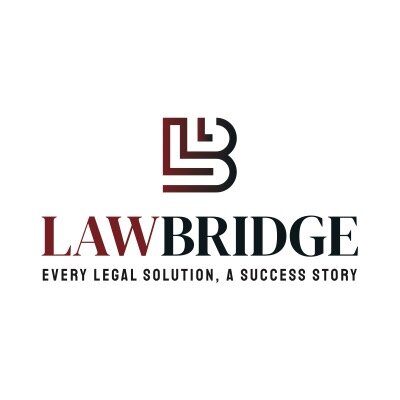Best Probate Lawyers in Dubai
Share your needs with us, get contacted by law firms.
Free. Takes 2 min.
List of the best lawyers in Dubai, United Arab Emirates
About Probate Law in Dubai, United Arab Emirates
Probate law in Dubai is an integral part of the UAE legal system which deals with the settlement of the estate of a deceased person. It involves processes such as identifying and cataloguing the deceased's assets, paying off debts and taxes, and distributing the remaining assets to heirs in accordance with local laws or the deceased's will. Probate in Dubai differs slightly from other jurisdictions due to the application of Sharia law in some cases and the different legal processes for Muslim and non-Muslim expatriates.
Why You May Need a Lawyer
Probate law can be complex, particularly in Dubai where different rules apply depending on nationality and religion. Lawyers can provide guidance on preparing a will, understanding inheritance rules, and navigating the probate process. This can be particularly helpful if a dispute arises over the deceased's estate. A lawyer can also handle administrative tasks such as submitting necessary documents to the relevant courts.
Local Laws Overview
UAE inheritance laws apply Sharia law in the case of UAE nationals and Muslim expatriates. Non-Muslim foreigners, however, may apply their home country law to inheritance matters. In the absence of a will, UAE law can be applied, dividing the estate among blood relations in fixed shares. It's also crucial to know that properties purchased in Dubai by non-Muslim expatriates can be passed to their selected heirs as per the Dubai International Financial Centre (DIFC) Wills and Probate Registry rules.
Frequently Asked Questions
What happens if I die without a will in Dubai?
If a person dies without a will, the estate is divided according to the UAE’s Sharia law for Muslims. For non-Muslims, the court may apply the deceased's home country law or Sharia law, unless a will is registered with DIFC.
How long does the probate process take in Dubai?
Due to the complex nature of probate processes, particularly where international assets or disputes are involved, the timeline can vary significantly. It is suggested to consult a probate lawyer to get an estimated time frame.
Can I apply my home country's law instead of Sharia law to my inheritance?
Yes, non-Muslim expatriates can apply their home country's law to their inheritance affairs in the UAE.
What types of assets are included in probate?
Assets involved in probate may include real estate, bank accounts, stocks and other financial investments, insurance proceeds, personal belongings, and business interests.
Can probate be avoided?
Probate can often be avoided or simplified through good estate planning, such as setting up trusts or joint ownership of properties. A probate lawyer can provide guidance on the best ways to structure your estate to avoid probate where possible.
Additional Resources
The Dubai International Financial Centre (DIFC) Wills and Probate Registry is a great resource for non-Muslims wishing to draft a will and navigate the probate process. The UAE Ministry of Justice can provide resources and clarifications on local inheritance laws. Engaging a local probate lawyer who is familiar with Dubai’s laws can also be advantageous.
Next Steps
If you need legal assistance with probate matters, you should seek advice from a lawyer who specializes in probate and estate planning. You may wish to consider developing an estate plan if you do not already have one, and review your plan regularly to ensure it continues to meet your needs. Being well-prepared can provide peace of mind and help to ease the transition for your loved ones when the time comes.
Lawzana helps you find the best lawyers and law firms in Dubai through a curated and pre-screened list of qualified legal professionals. Our platform offers rankings and detailed profiles of attorneys and law firms, allowing you to compare based on practice areas, including Probate, experience, and client feedback.
Each profile includes a description of the firm's areas of practice, client reviews, team members and partners, year of establishment, spoken languages, office locations, contact information, social media presence, and any published articles or resources. Most firms on our platform speak English and are experienced in both local and international legal matters.
Get a quote from top-rated law firms in Dubai, United Arab Emirates — quickly, securely, and without unnecessary hassle.
Disclaimer:
The information provided on this page is for general informational purposes only and does not constitute legal advice. While we strive to ensure the accuracy and relevance of the content, legal information may change over time, and interpretations of the law can vary. You should always consult with a qualified legal professional for advice specific to your situation.
We disclaim all liability for actions taken or not taken based on the content of this page. If you believe any information is incorrect or outdated, please contact us, and we will review and update it where appropriate.

















